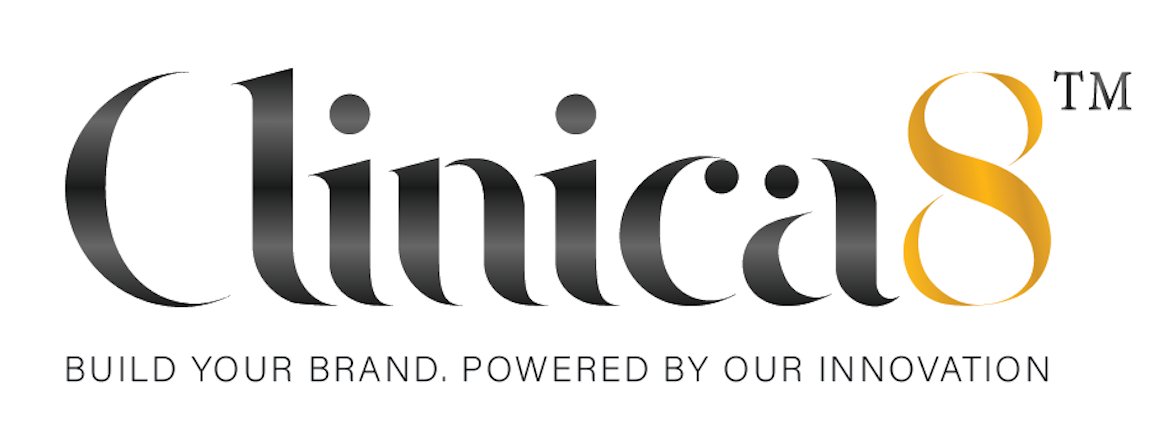Plan for Profit: Strategic Financial Planning for Private Label Skincare Success
Master the art of financial planning in the skincare industry with proven strategies that help brands achieve 70%+ profit margins. Learn cash flow management, investment planning, and scaling strategies from successful entrepreneurs.
W. Banks
Partner

Financial planning is the backbone of every successful private label skincare business. Without a solid financial foundation, even the best products and marketing strategies will fail to deliver sustainable growth. This comprehensive guide reveals the financial planning strategies that separate thriving skincare brands from those that struggle to survive.
The first step in financial planning is creating a detailed budget. This involves forecasting revenue, estimating expenses, and setting financial goals. A well-crafted budget serves as a roadmap for financial decision-making and helps you track your progress over time. Regularly review and adjust your budget as needed to reflect changing market conditions and business priorities.
Cash flow management is another critical aspect of financial planning. This involves monitoring your cash inflows and outflows to ensure that you have enough cash on hand to meet your obligations. Implement strategies to accelerate cash inflows, such as offering discounts for early payment, and delay cash outflows, such as negotiating extended payment terms with suppliers. Maintain a cash reserve to cover unexpected expenses and weather economic downturns.
Investment planning is essential for long-term financial success. This involves allocating capital to investments that generate returns and build wealth. Consider investing in stocks, bonds, real estate, or other assets that align with your risk tolerance and financial goals. Diversify your investment portfolio to reduce risk and maximize returns.
Tax planning is an important part of financial planning. This involves minimizing your tax liability through strategic tax planning techniques. Take advantage of tax deductions, credits, and other incentives to reduce your tax burden. Consult with a tax professional to ensure that you are complying with all applicable tax laws and regulations.
Risk management is also a critical aspect of financial planning. This involves identifying and mitigating potential financial risks, such as economic downturns, natural disasters, and lawsuits. Purchase insurance to protect against these risks and develop contingency plans to address potential disruptions.
Scaling strategies are essential for growing your business and increasing your financial success. This involves identifying opportunities to expand your product line, enter new markets, and increase your customer base. Develop a strategic growth plan that outlines your goals, strategies, and timelines. Secure funding to support your growth initiatives and build a strong team to execute your plan.
Succession planning is an often overlooked but critical aspect of financial planning. This involves preparing for the eventual transfer of your business to the next generation or to a new owner. Develop a succession plan that outlines your goals, timelines, and strategies. Consult with legal and financial professionals to ensure that your succession plan is legally sound and financially viable.
By implementing these financial planning strategies, private label skincare brands can achieve sustainable growth, high profitability, and long-term financial success. The key is to develop a comprehensive financial plan that addresses all aspects of your business, from budgeting and cash flow management to investment planning and succession planning. Regularly review and adjust your plan as needed to reflect changing market conditions and business priorities.



